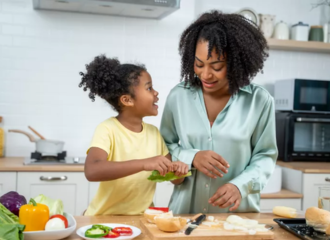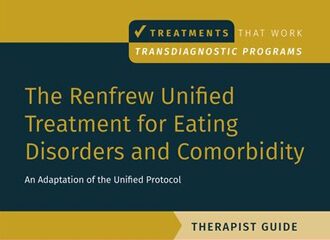Written by: Lauren Brown West-Rosenthal
Published By: Parents
My 8-year-old daughter Mila has the most loving, uncomplicated relationship with her body. I’m in awe that I’ve never once heard her compare herself to other girls. She gasps in horror at the mention of the “F word”—fat (though she gasps at the other “F” word too) and loves to tell me how everyone is beautiful in their own way. She particularly loves her own long hair and hazel eyes. She’s never once asked me if what she’s wearing is flattering or if eating a few extra cookies (her favorite dessert) will make her gain weight.
I hope she stays in that positive, confident, all accepting headspace. And more than anything, I hope that I’m able to help keep her there. My daughter marvels that I look like “a grown up version” of her. She’s never pointed out when I’ve gained or lost weight—and I made a really conscious choice to never share when I’m feeling bloated or upset at the number on the scale. I never say “diet” or “fattening” in her presence. I should also mention that Mila was just shy of 3 years old when I had weight loss surgery.
My weight still fluctuates—even post surgery. So far Mila hasn’t probed further but I expect with her inquisitive and empathetic nature that it’s coming, making me wonder—should I tell her about my surgery too?
I’m not alone in figuring out how much to share about my relationship—past and present—with food, dieting, and my body. Pam Moore, an intuitive eating coach and freelance writer in Boulder, Colorado, is the mother of two girls ages 9 and 11. When her girls were younger, she went on a diet and lied to them about it—with mixed feelings.
Ashley Moser, LMFT, CEDS and clinical education specialist at The Renfrew Center, agrees that parental attitudes and behaviors surrounding food can have a profound impact on children. “That’s why it’s incredibly important to be conscious about the conversations around our relationship with food and body,” she says. “Sharing information about dieting, body dissatisfaction, and labeling foods as ‘good’ or ‘bad’ should be avoided to prevent even well-intended discussions from being negatively interpreted by a child which could impact their own feelings about their bodies and food.”
Click Here to read the full interview.

:max_bytes(150000):strip_icc():format(webp)/GettyImages-1469762616_VisootUthairam-5261aa566bf147ef96fd780a26353597.jpg)


